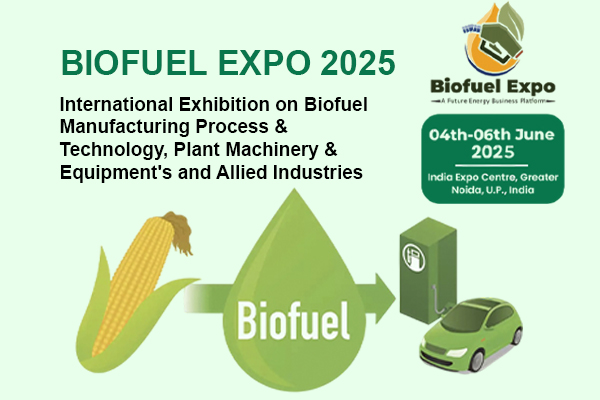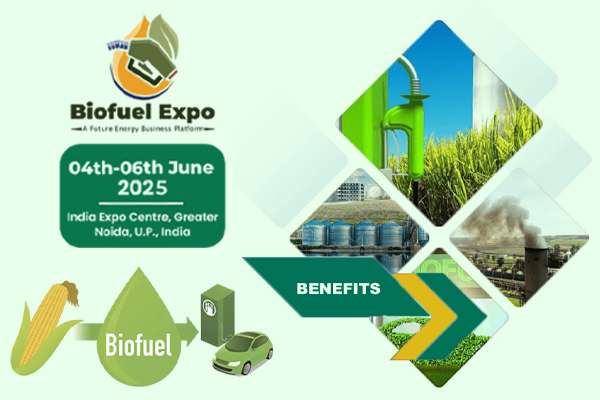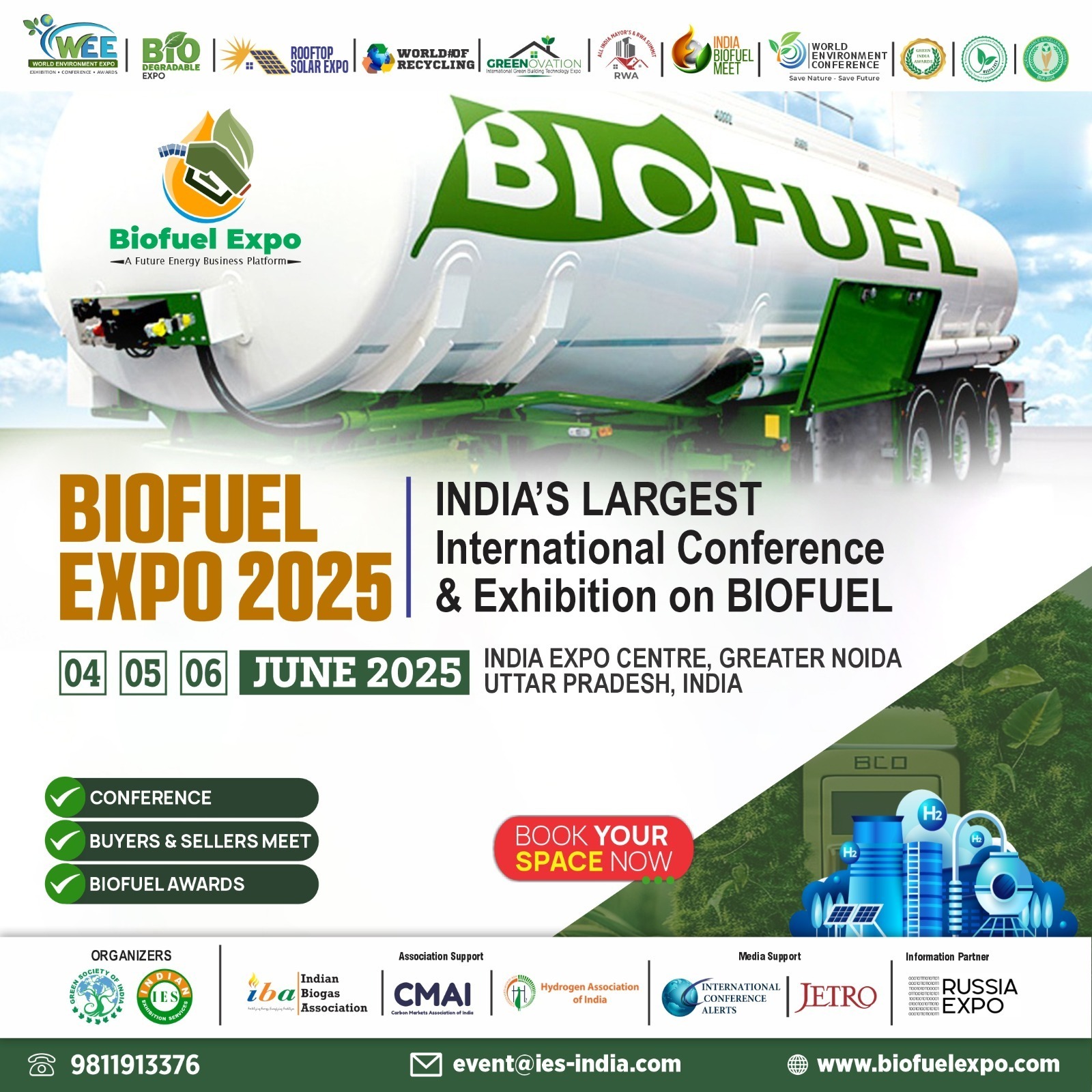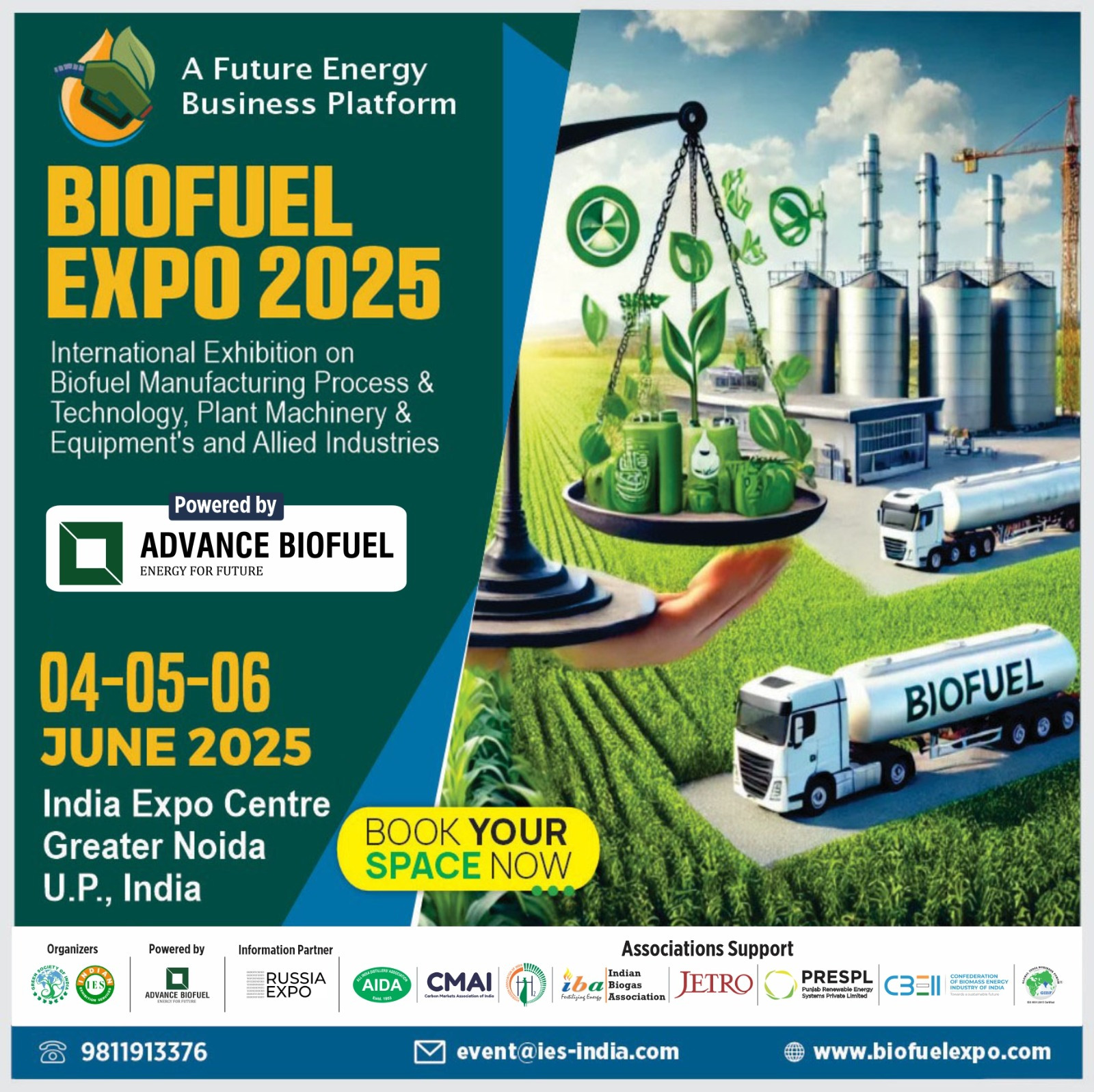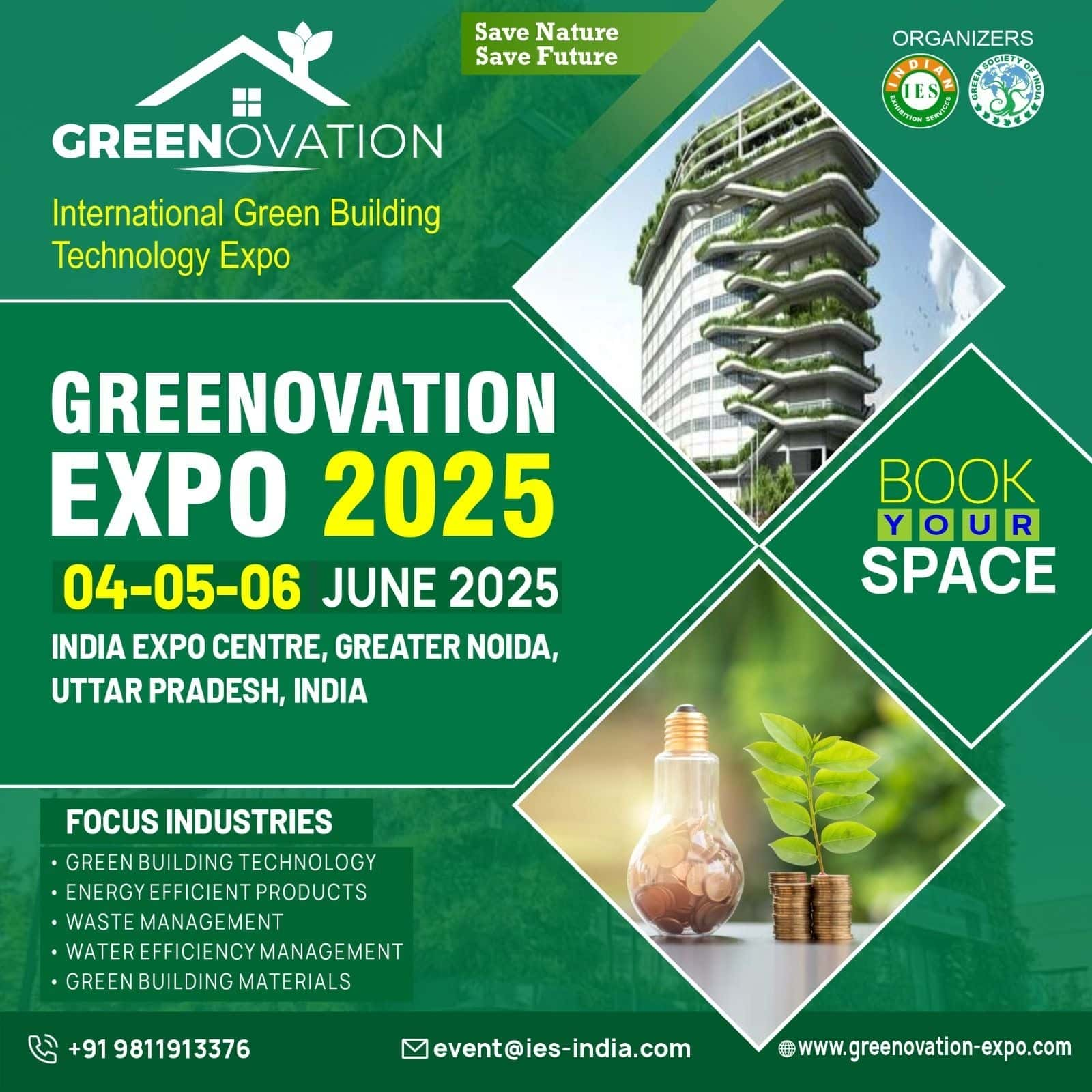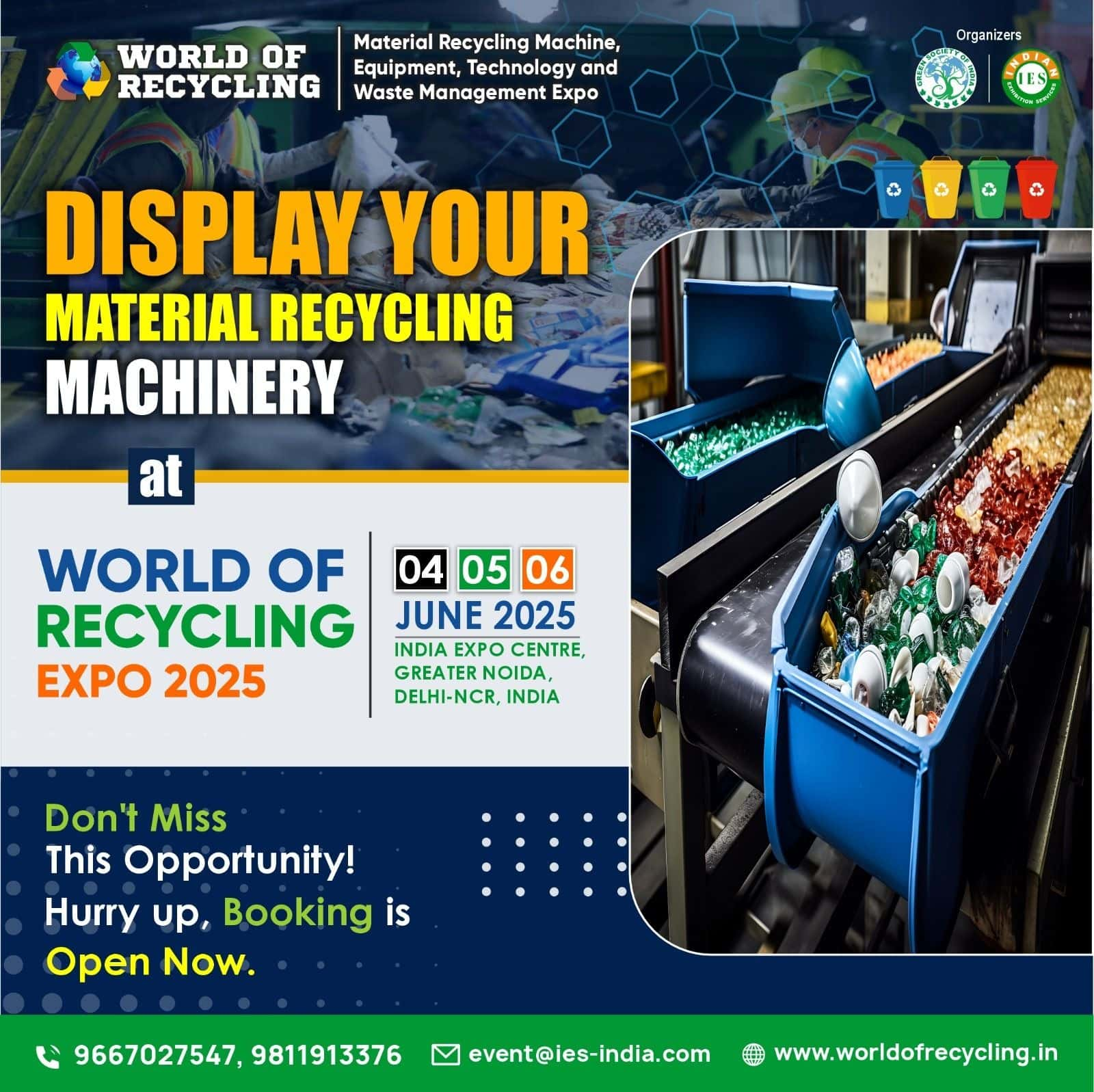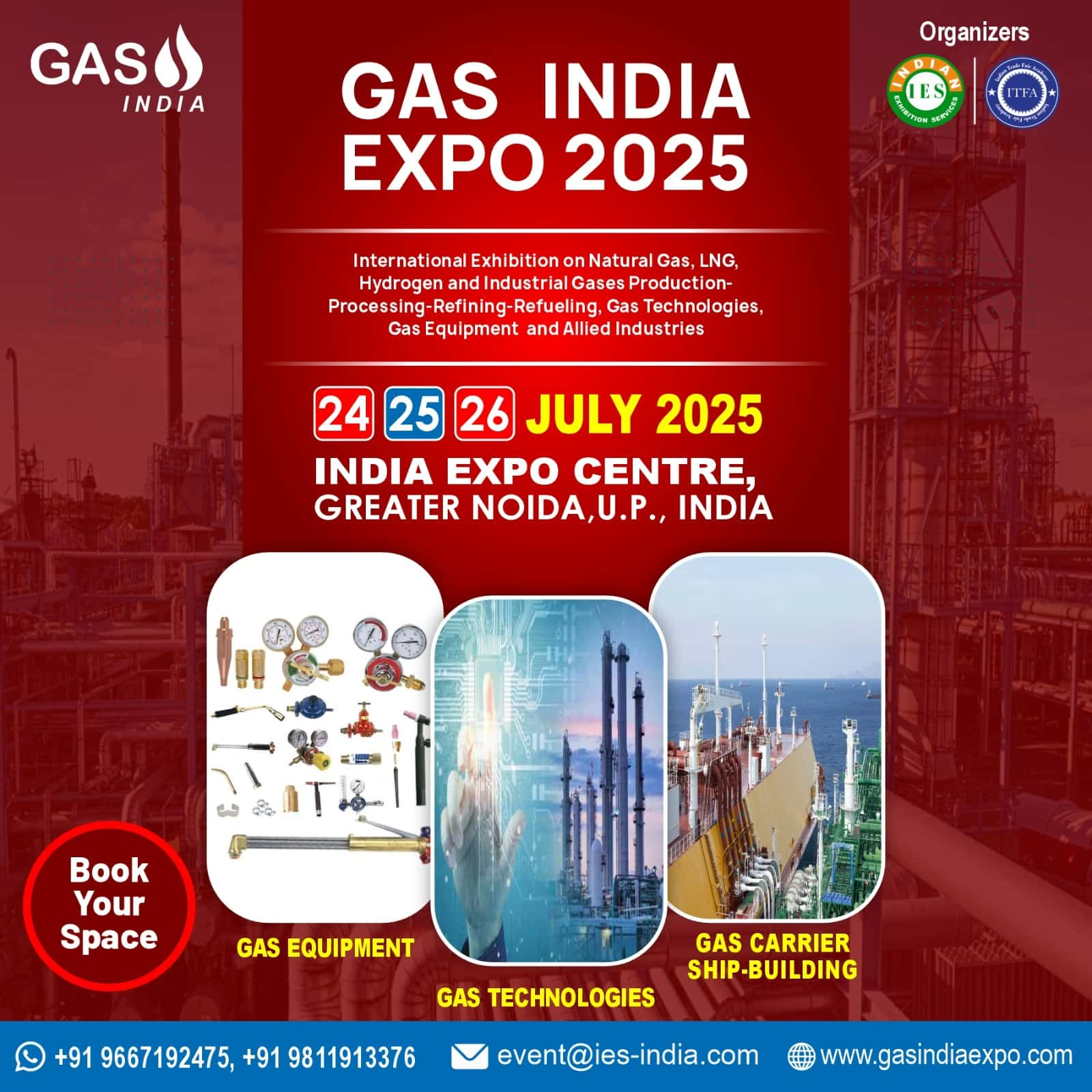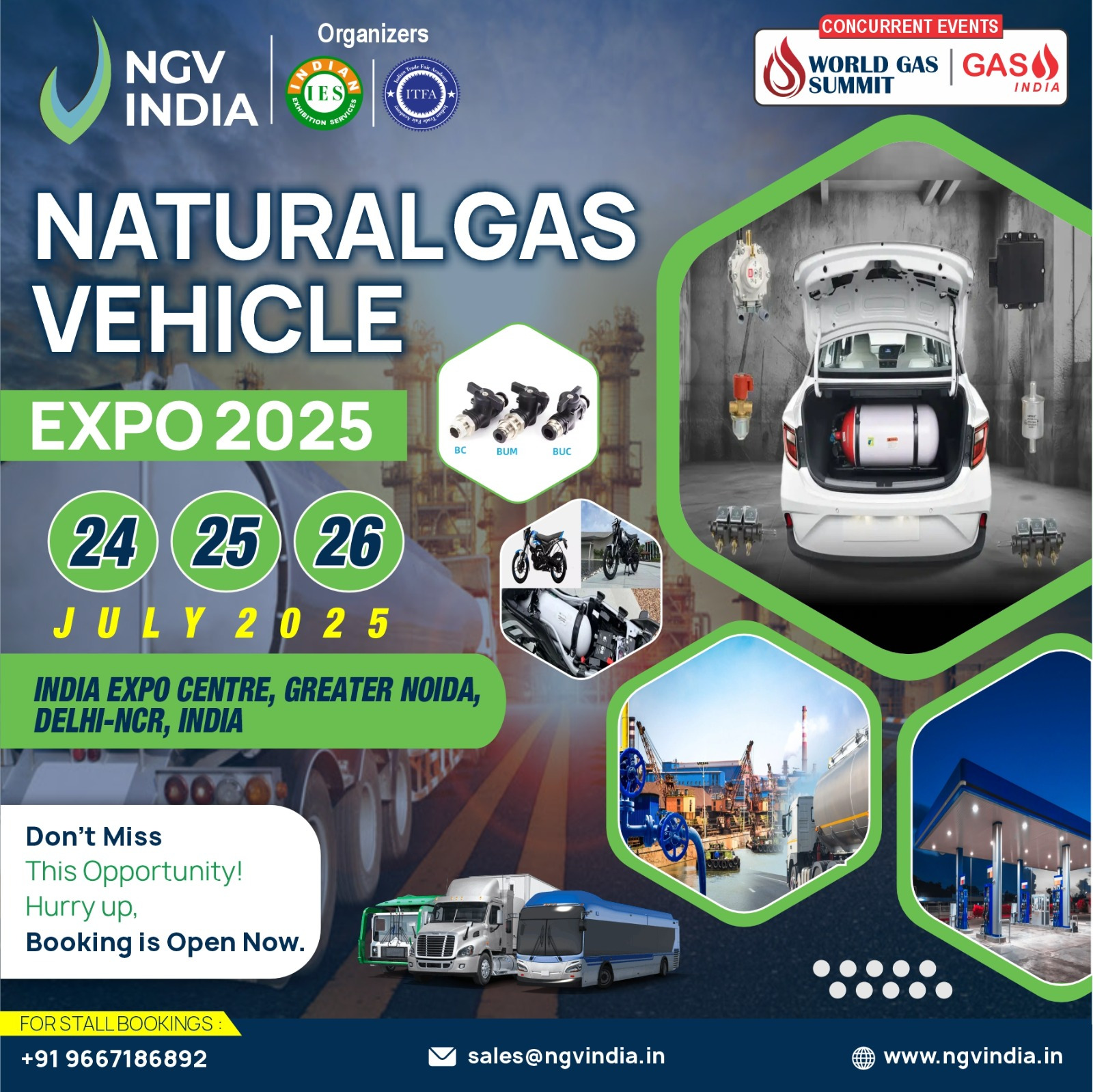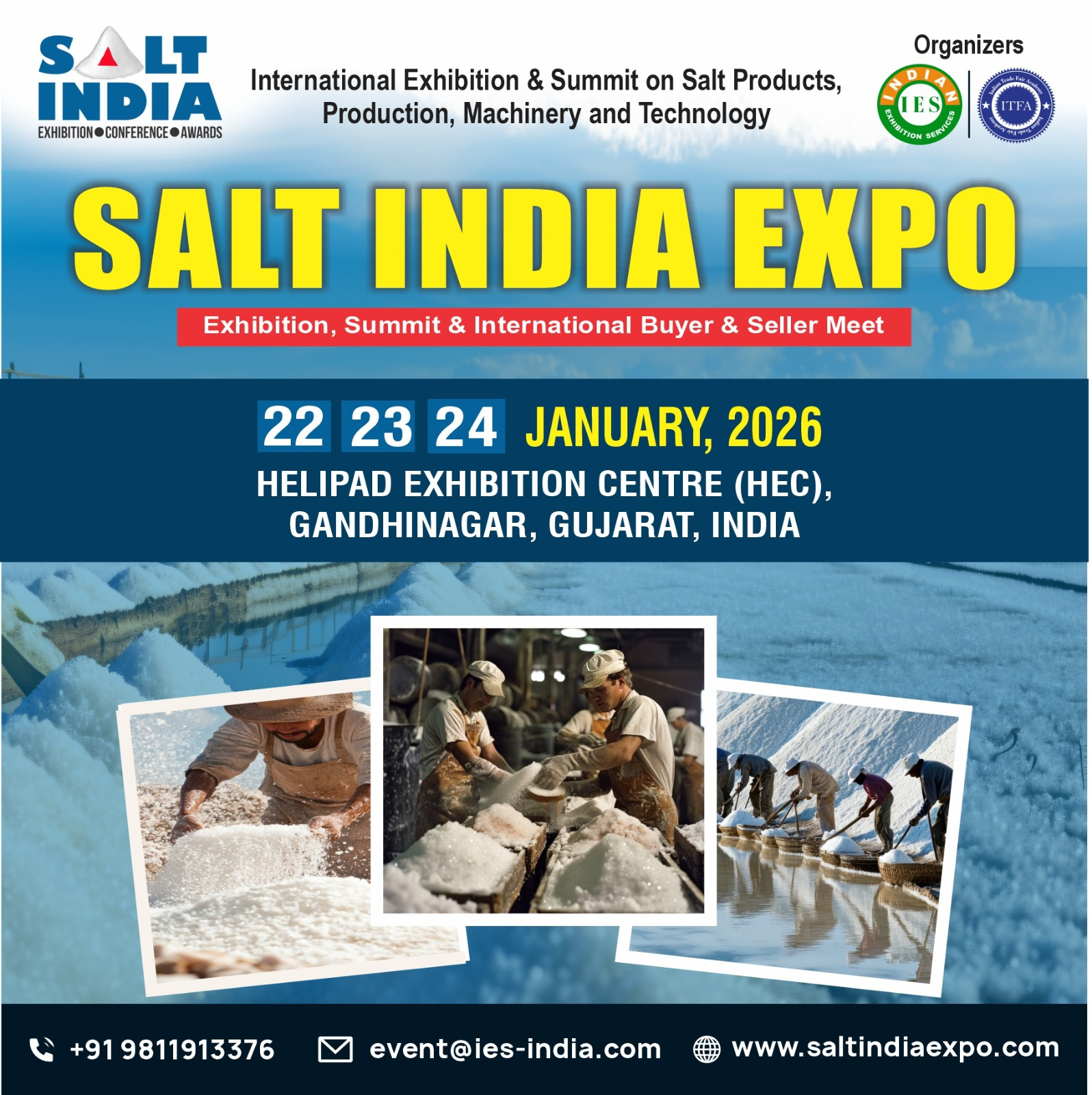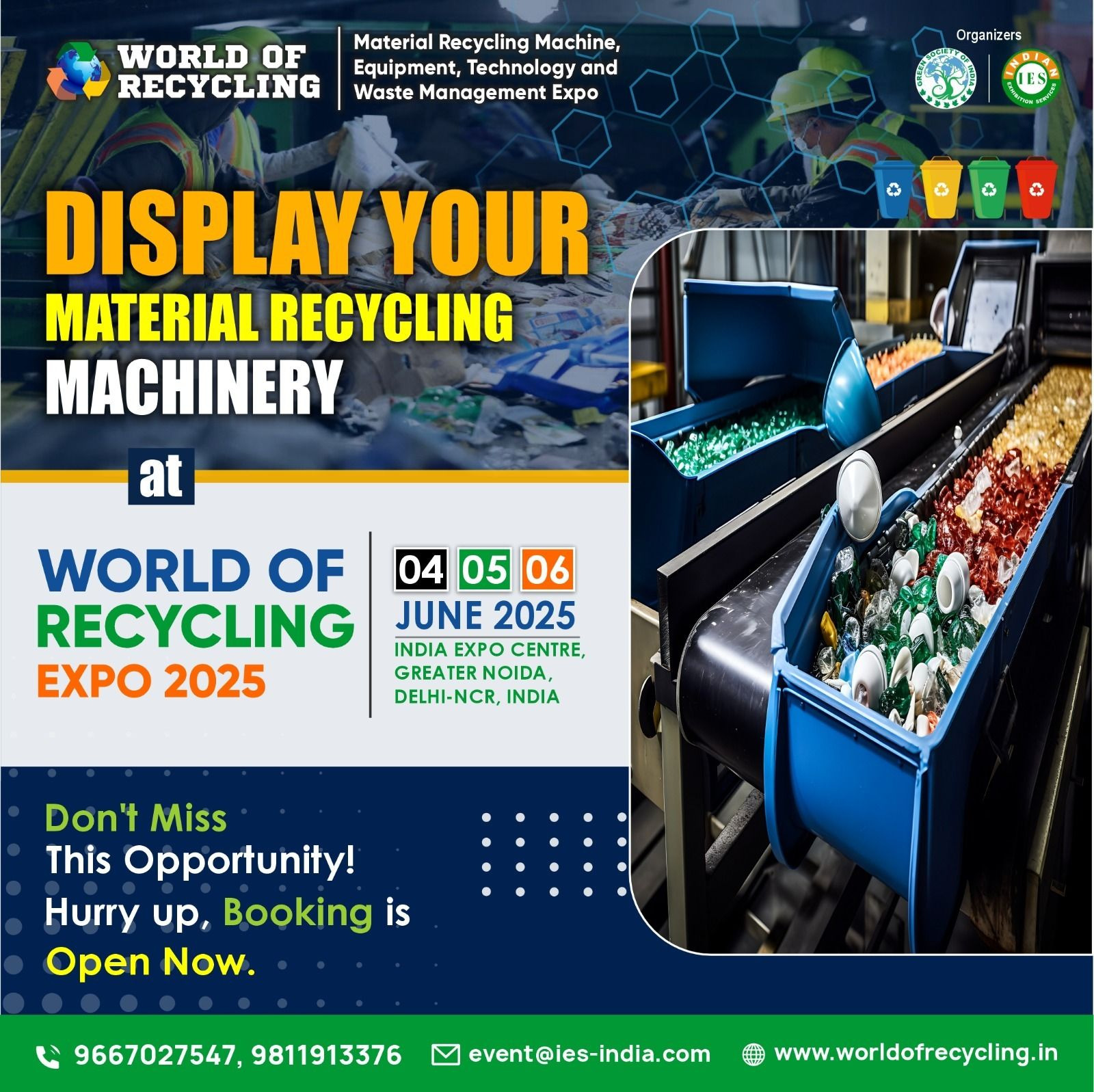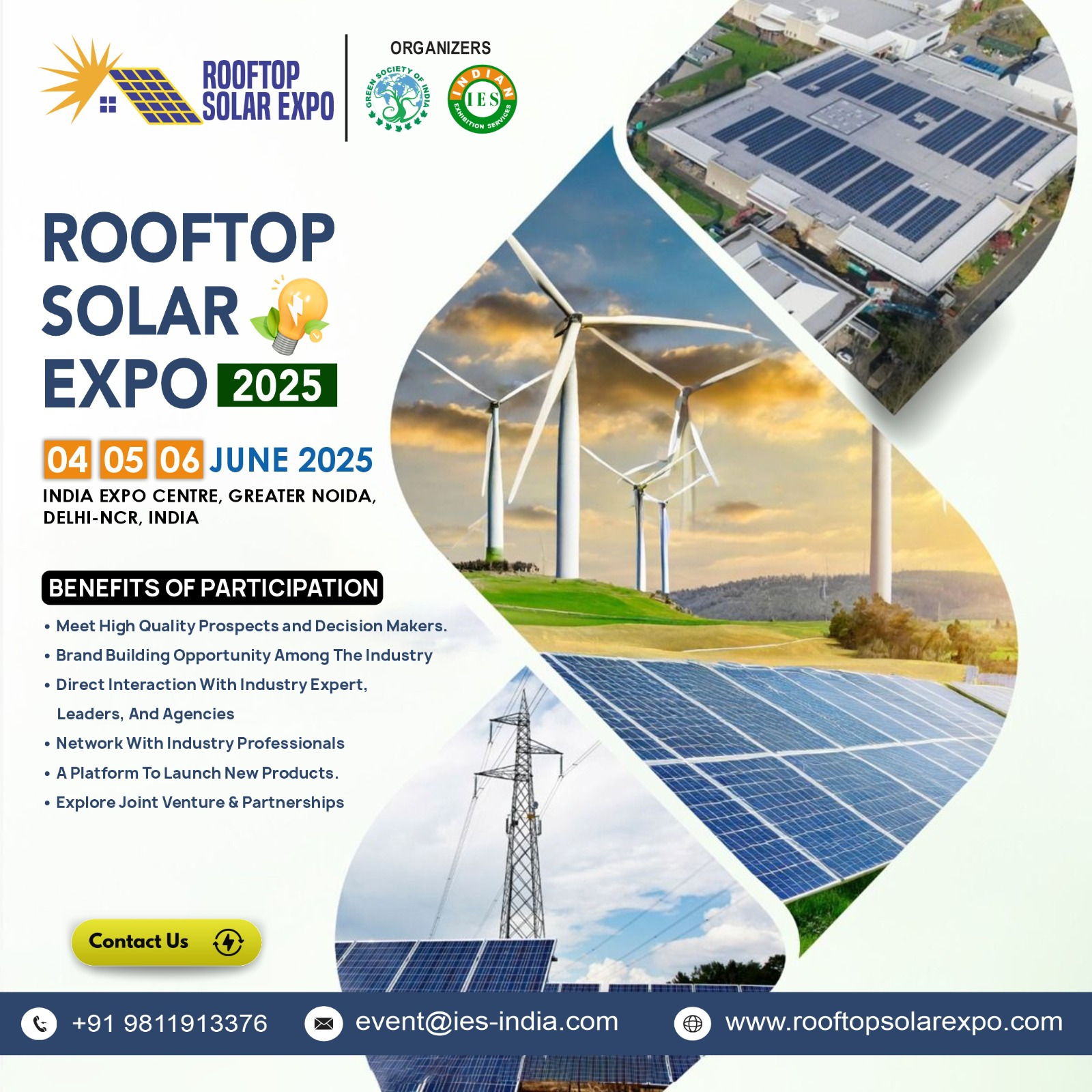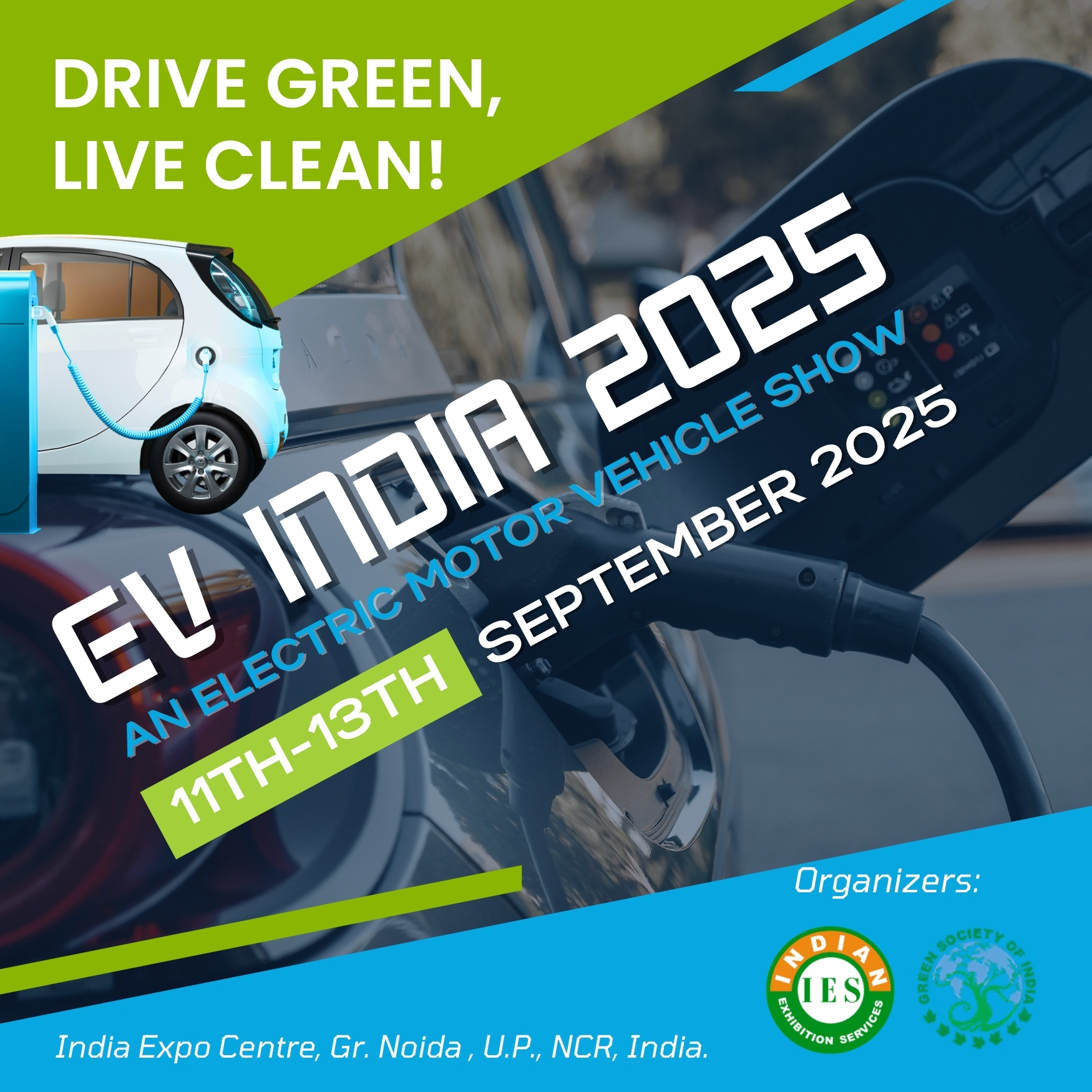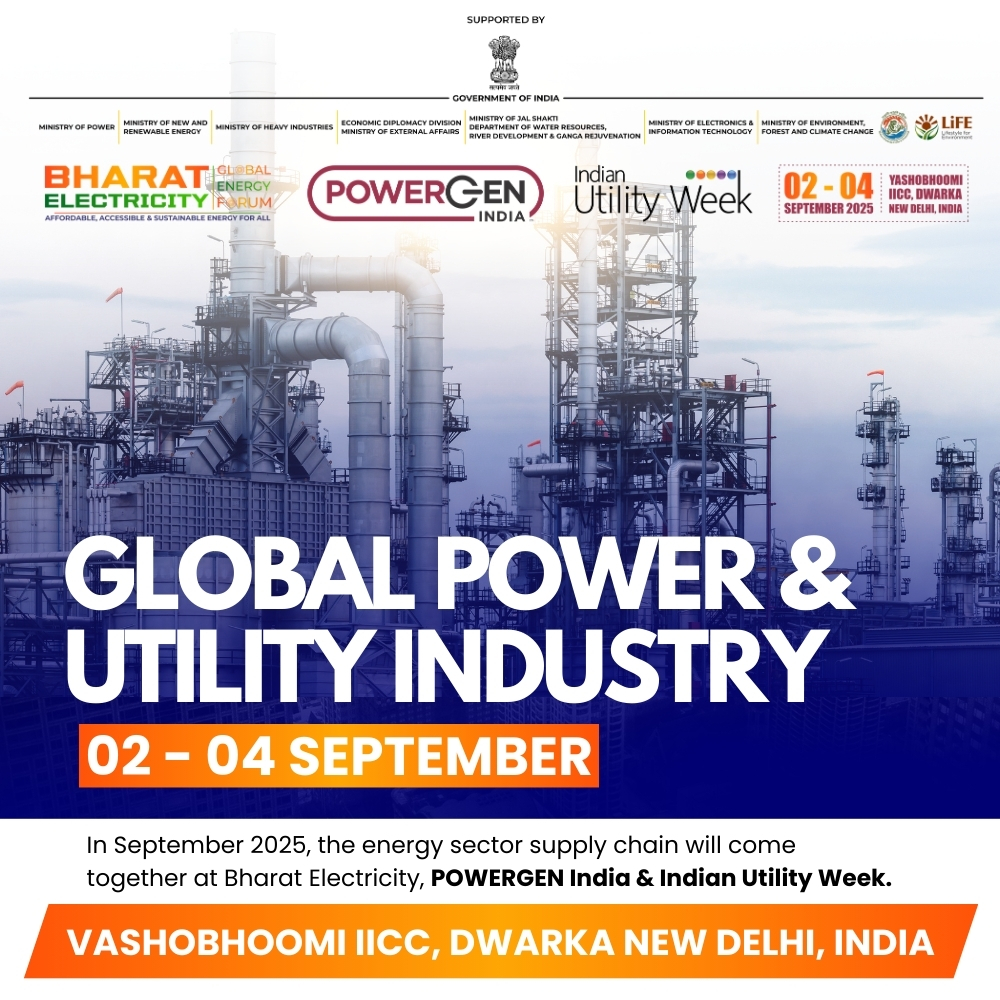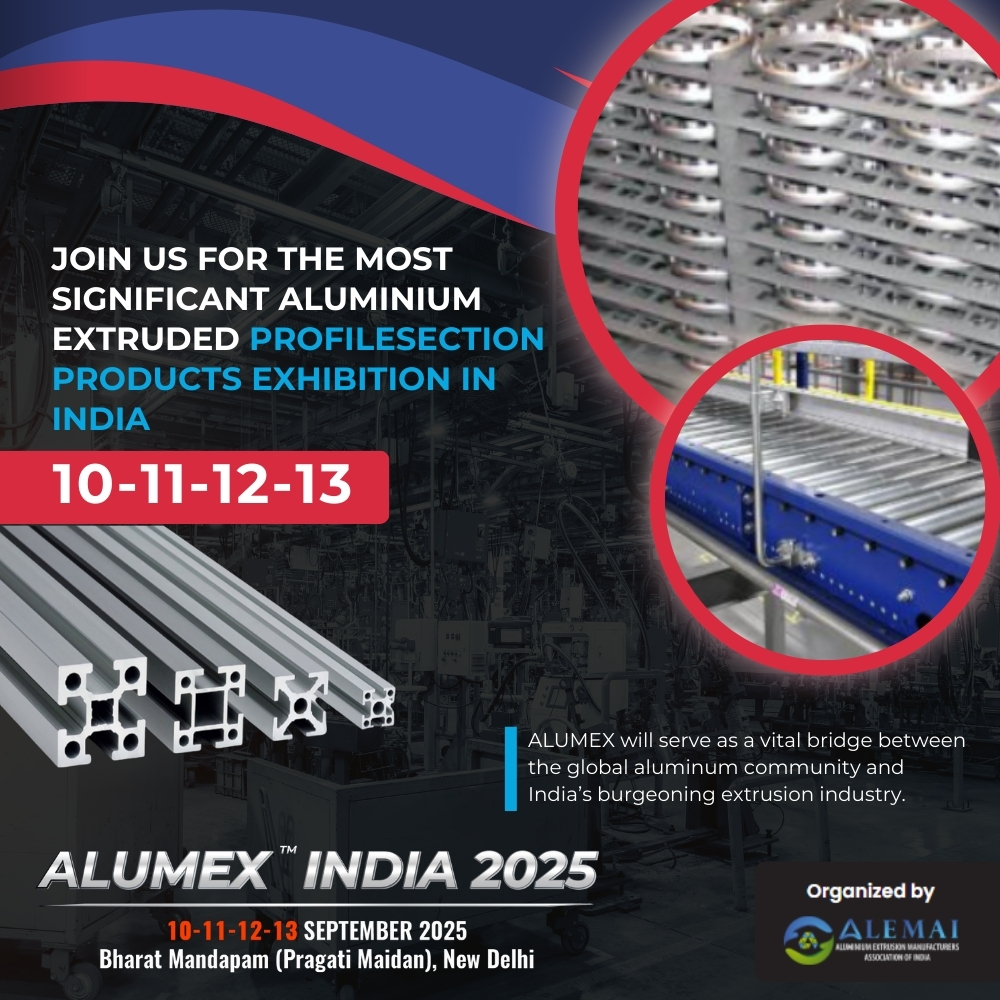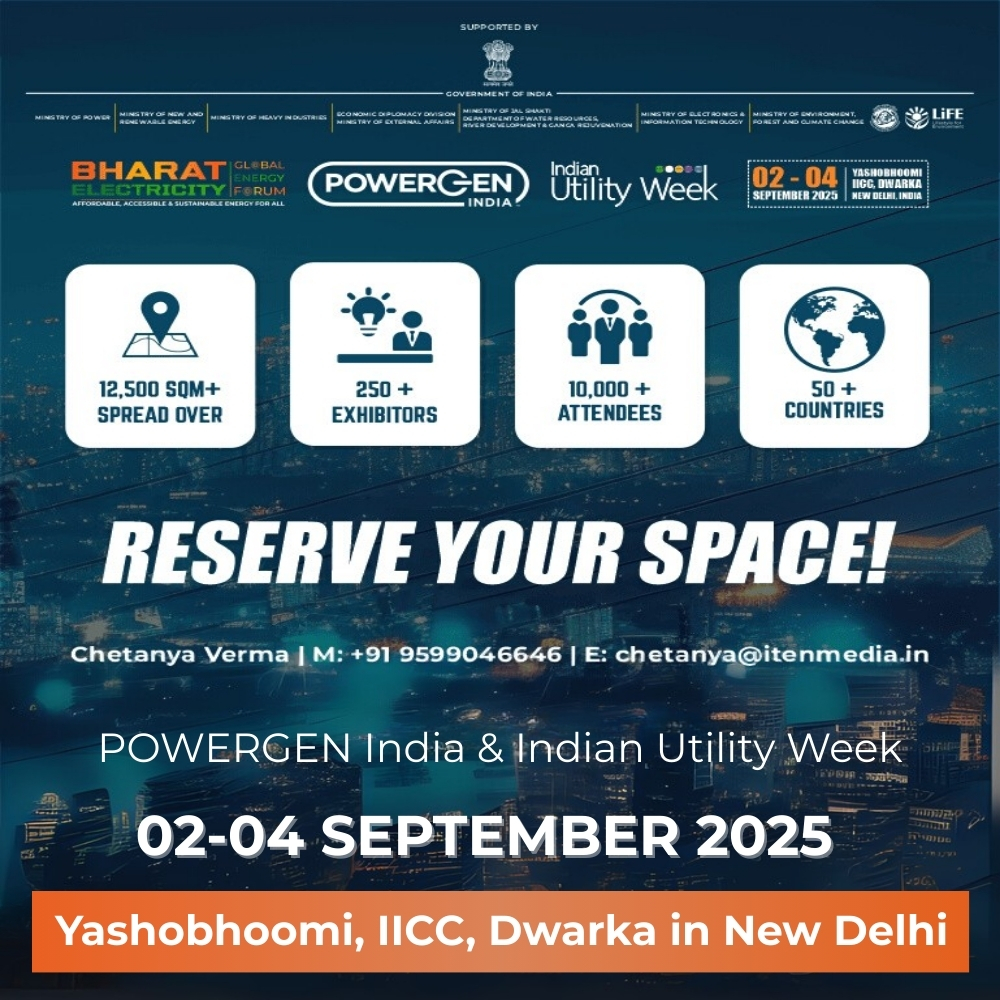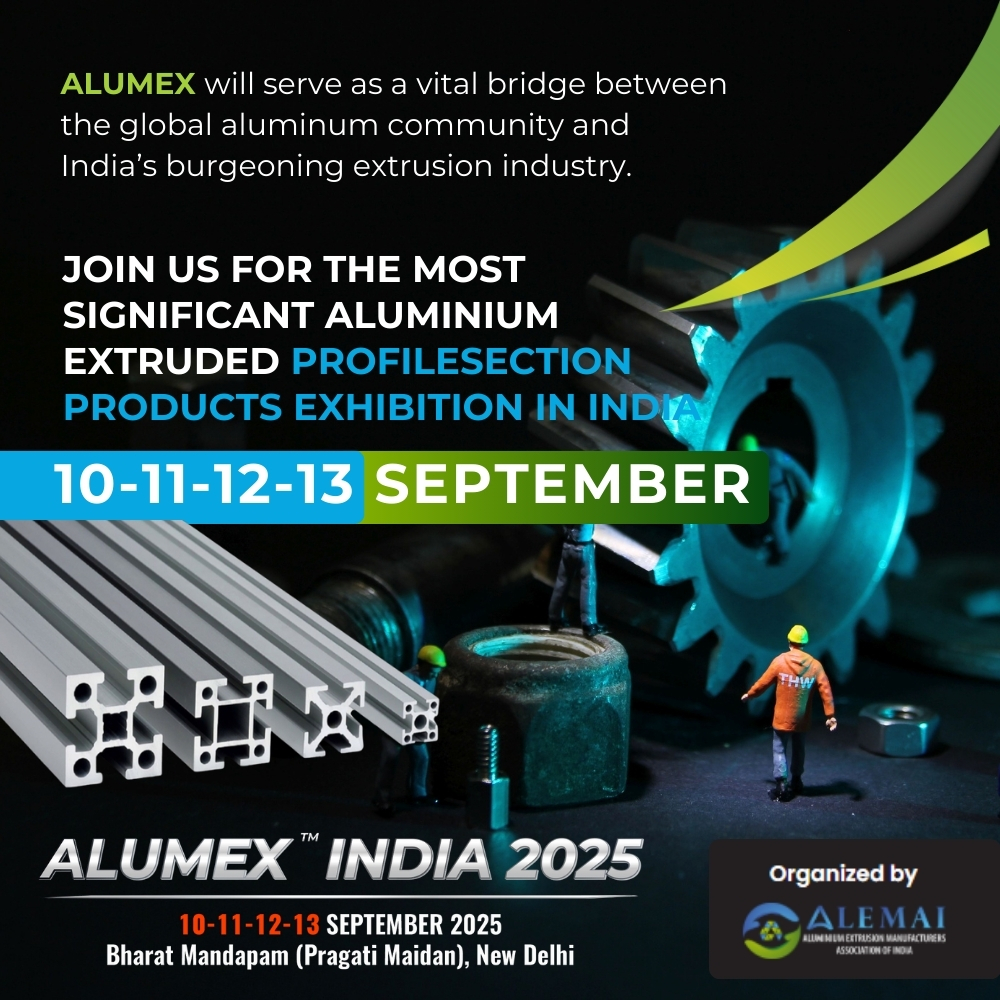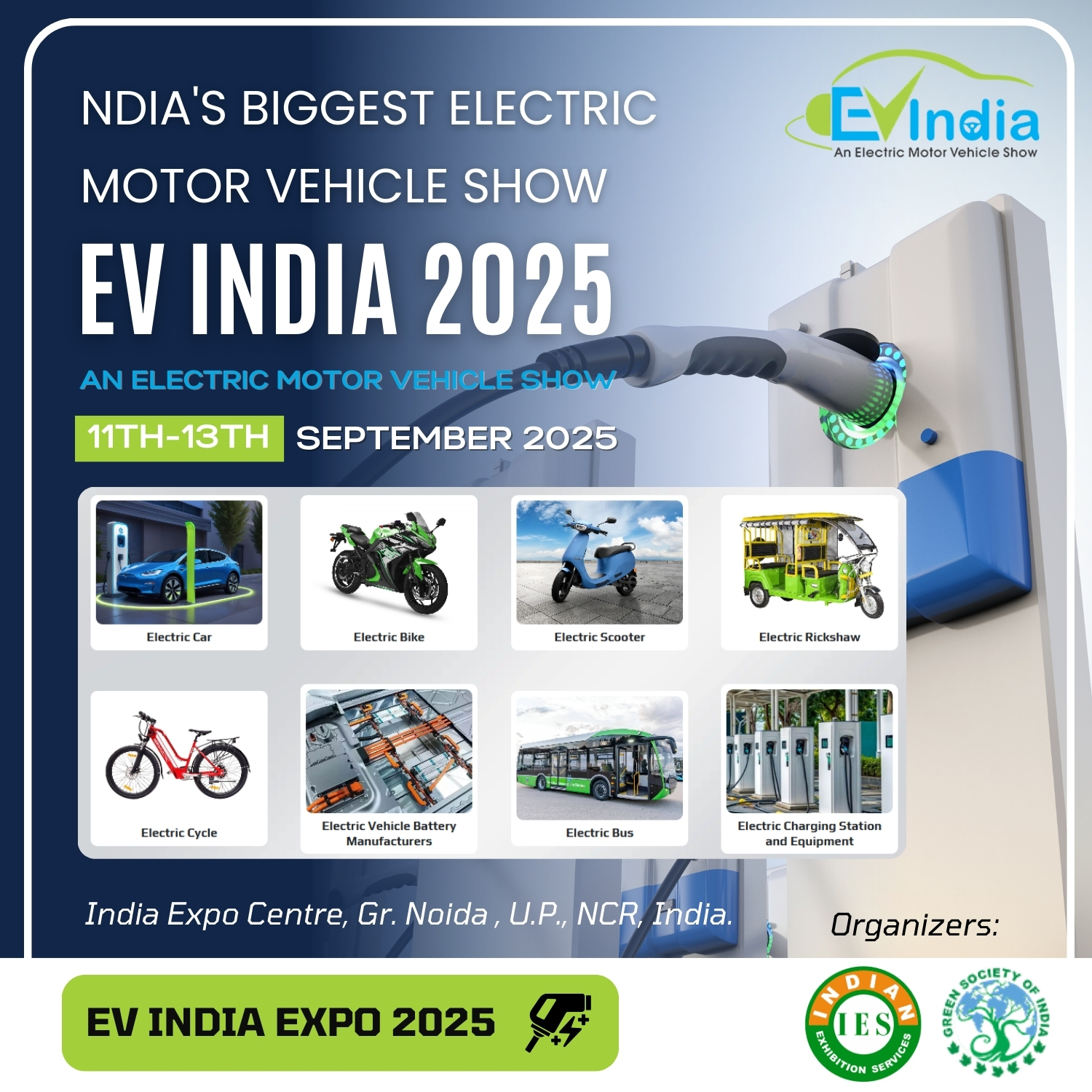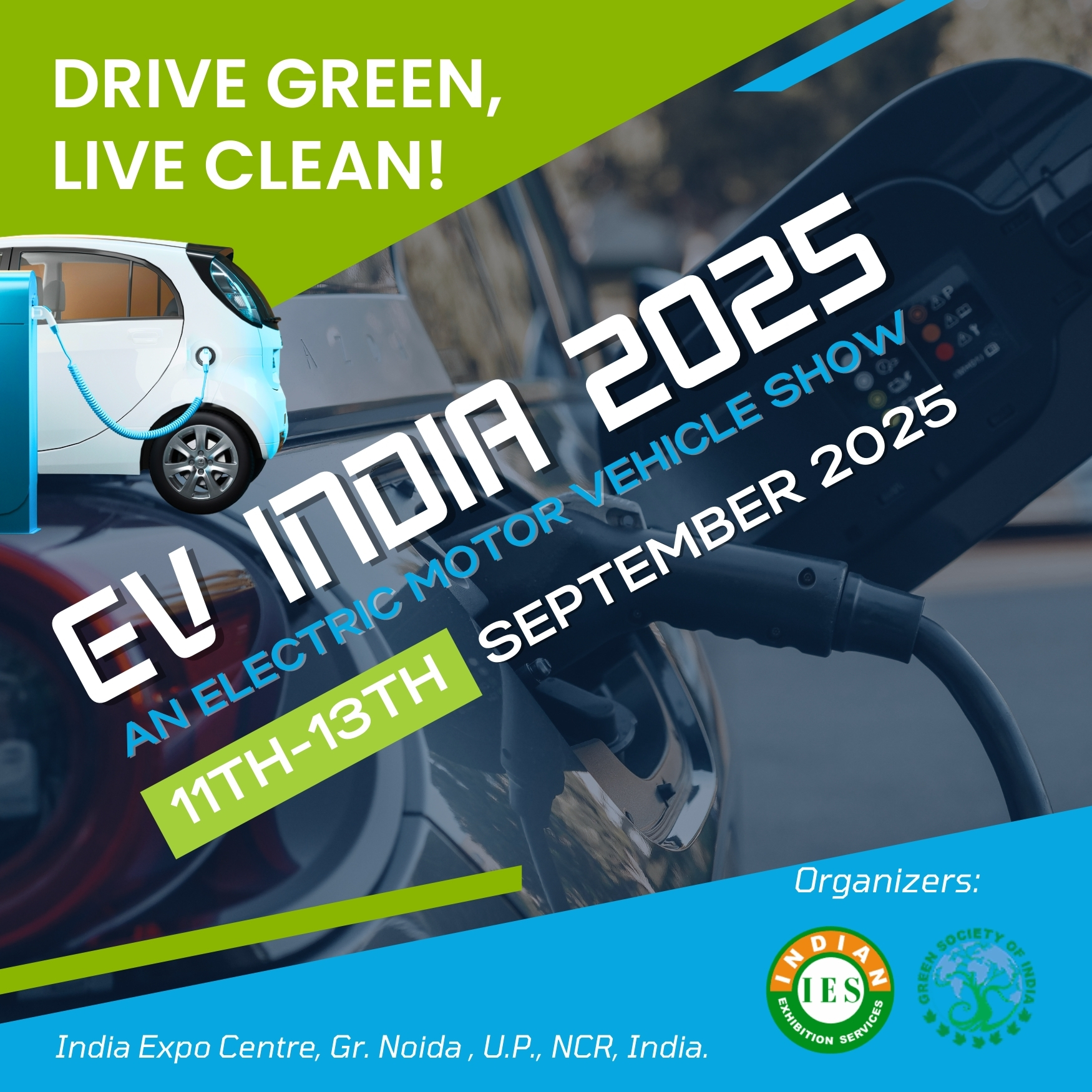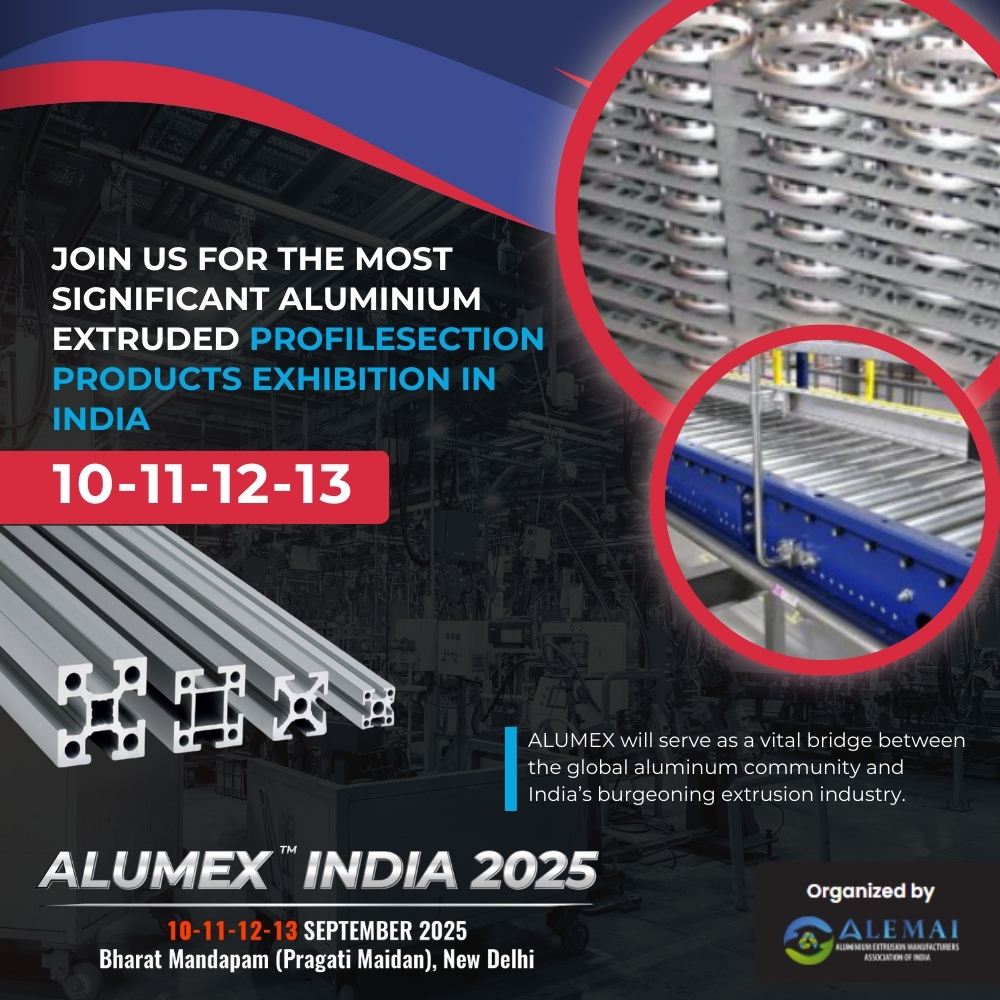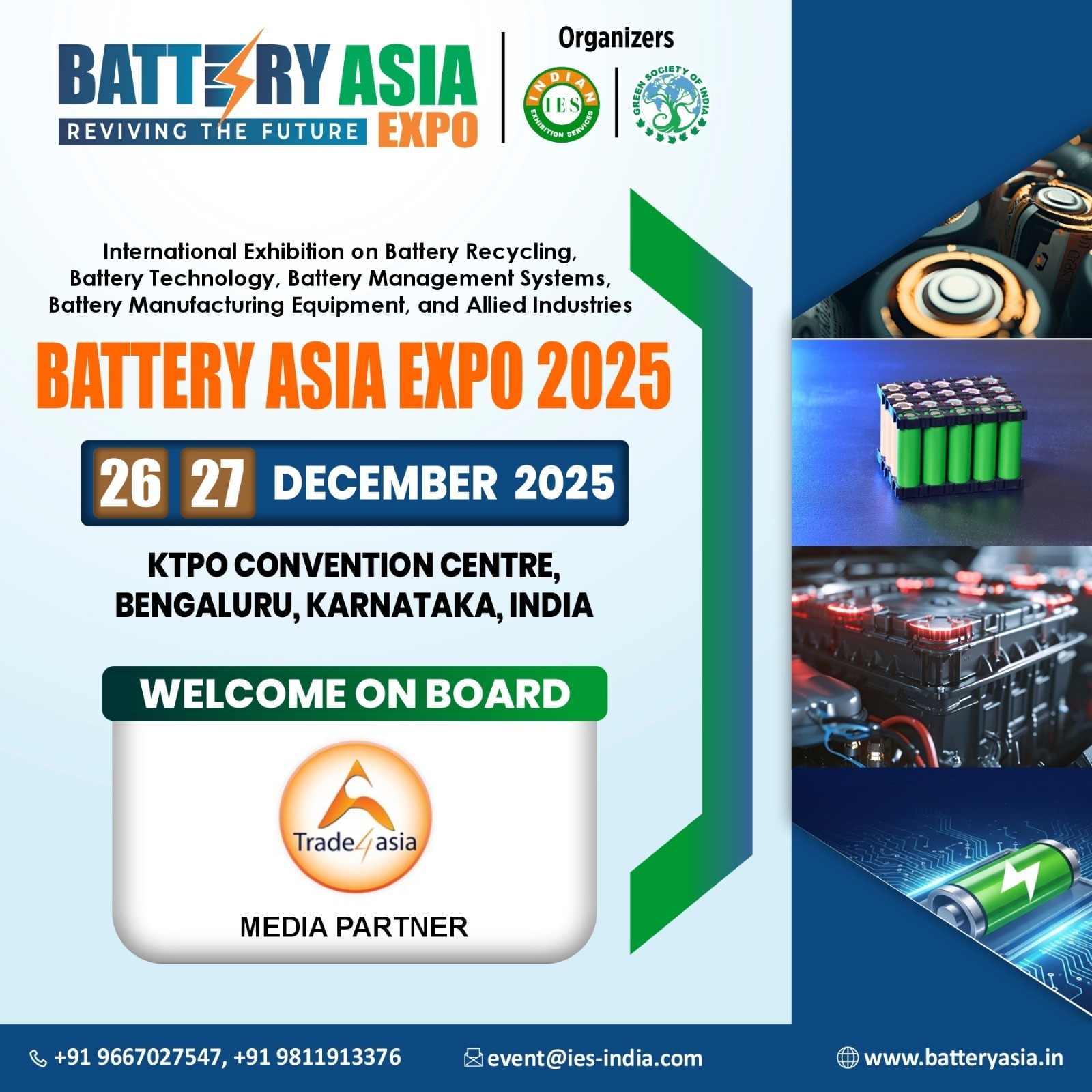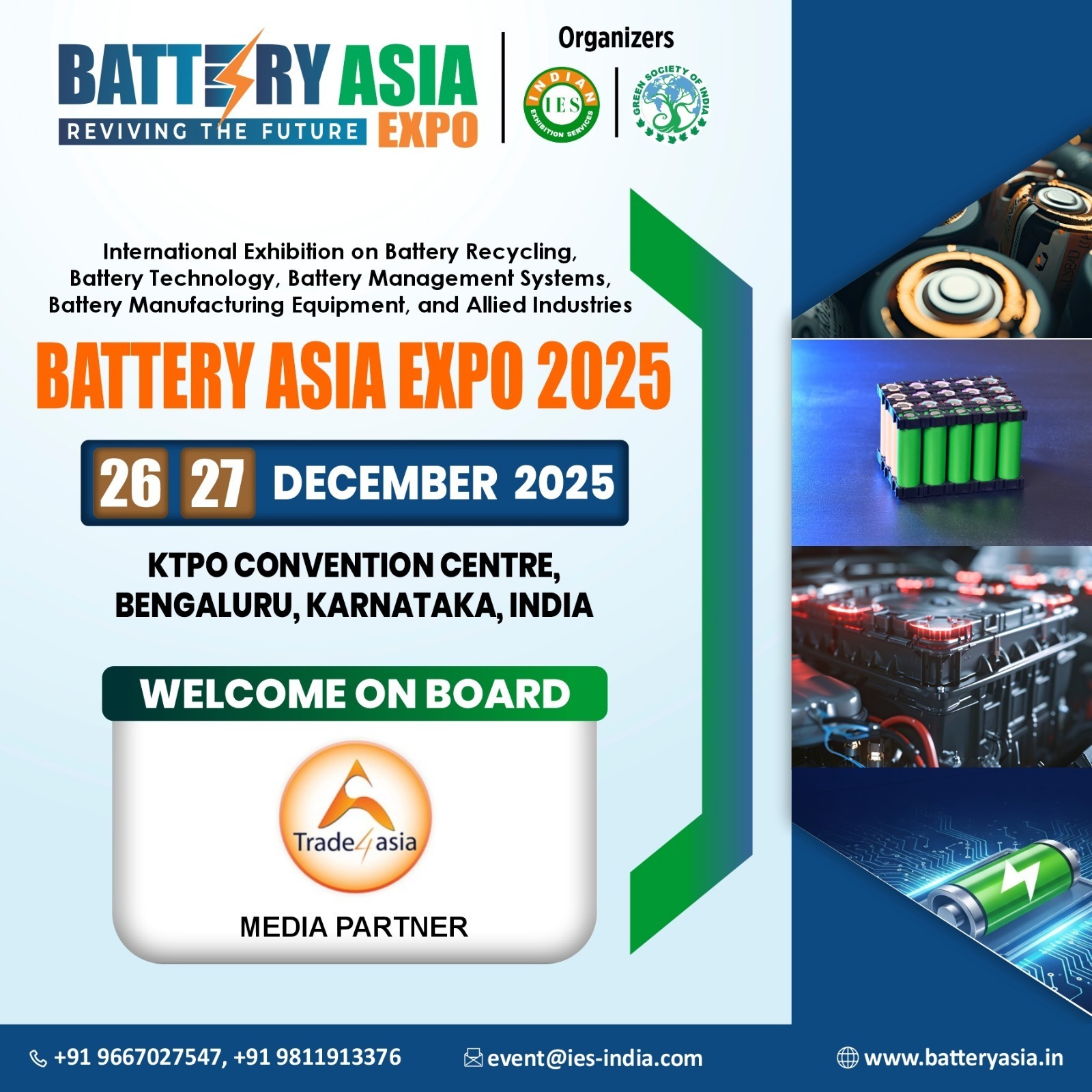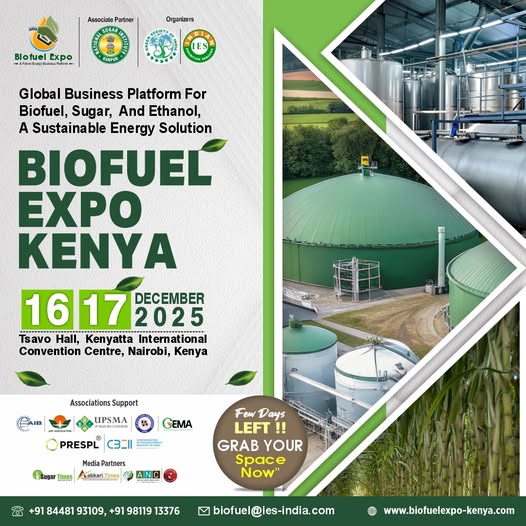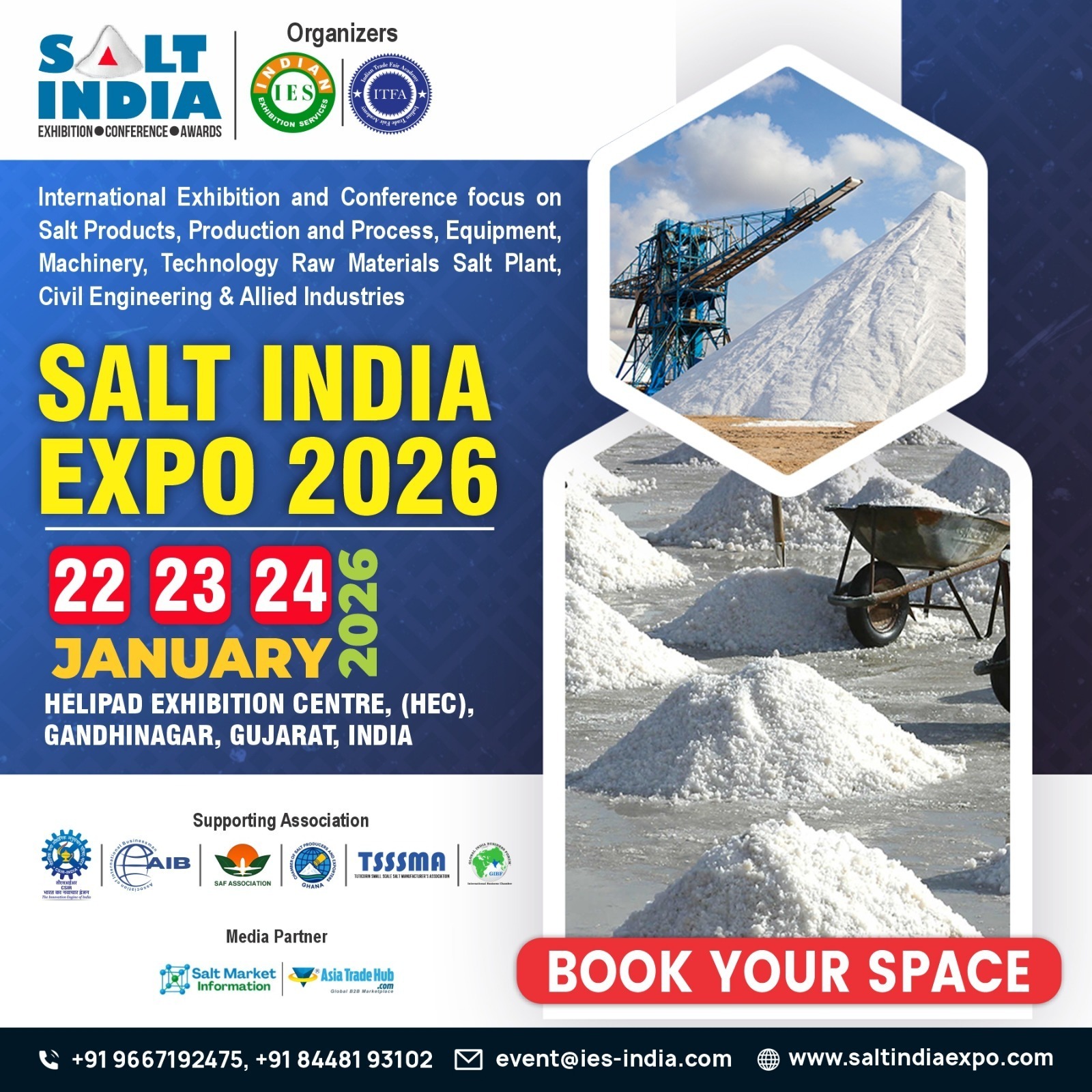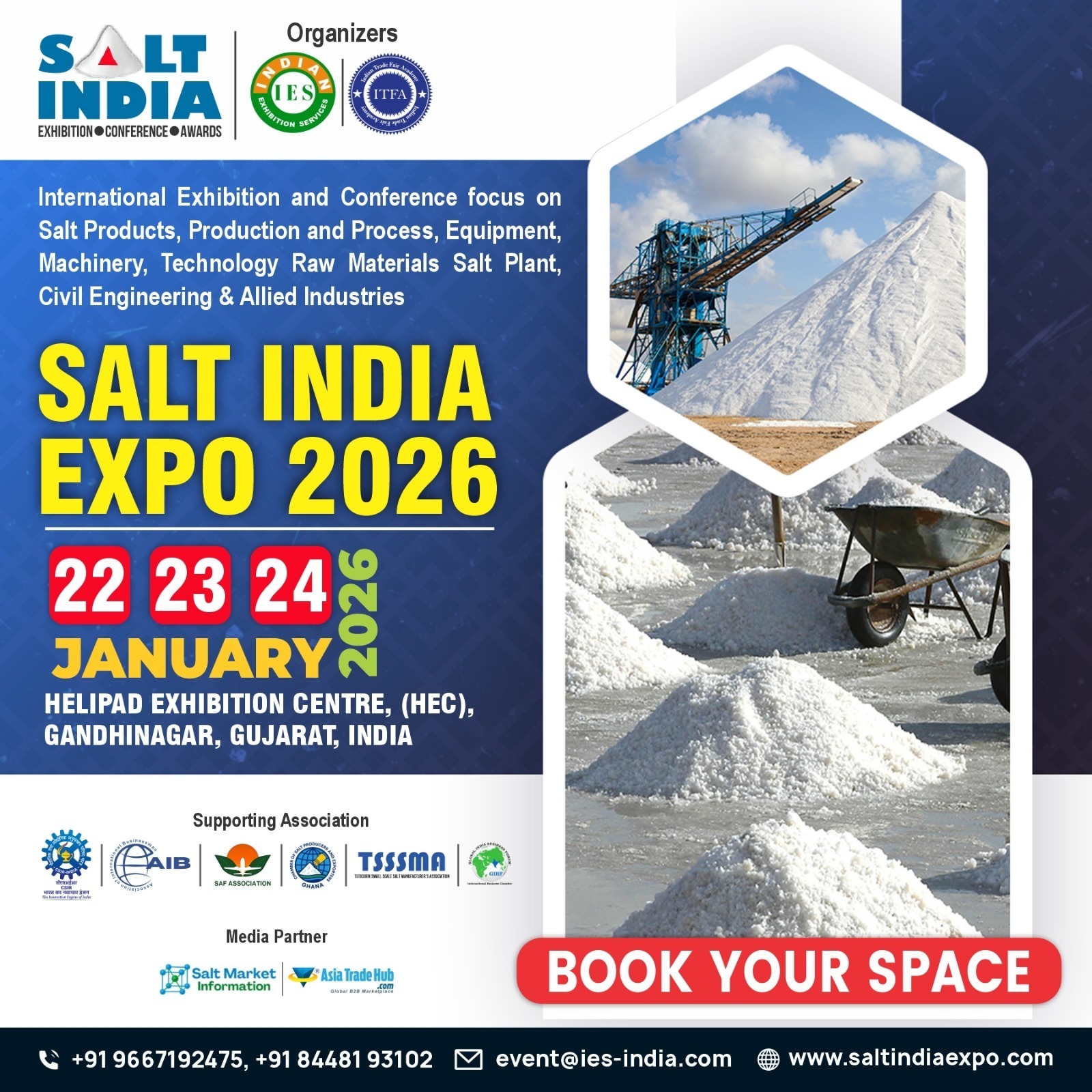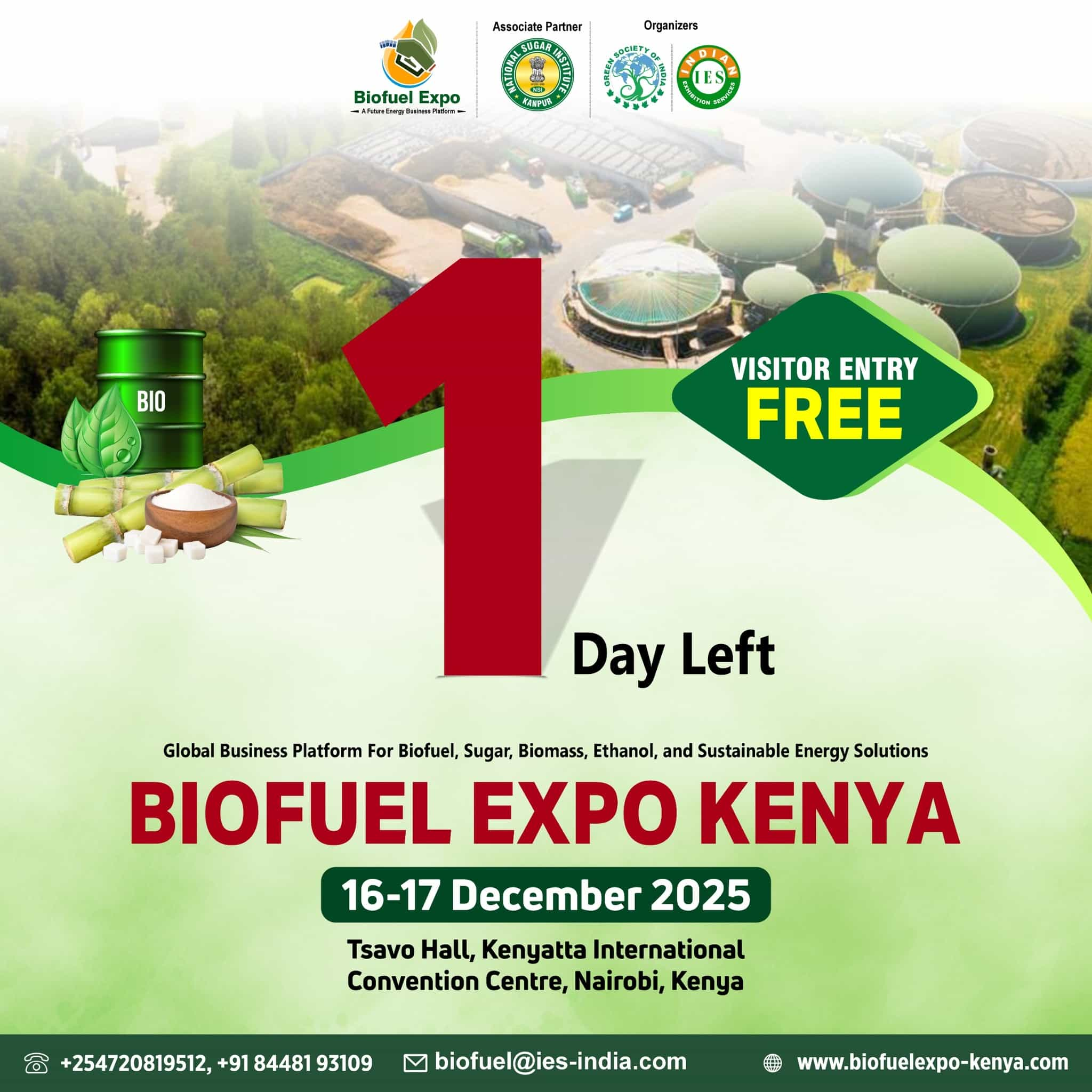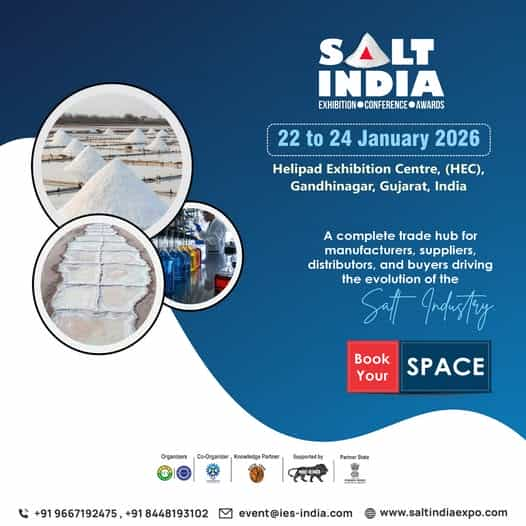
When industry leaders in gas technology are brought together under one roof, what is created is greater than a trade show—it's an incubator of innovation, alliance, and change. Vitalis Power Engineering was honored to be in attendance and a part of this historic event.
1. A Gathering of Minds and Machines
Picture yourself strolling into a huge exhibition hall filled with the buzz of conversations—experienced CTOs talking digital twins, engineers showcasing cutting-edge compression systems. This B2B Gas Technology Exhibition is tailor-made for industry players: gas producers, pipeline engineers, CGD decision-makers, hydrogen disruptors, and infrastructure financiers.
Unlike consumer events, this exhibition speaks directly to your business needs: networking with suppliers, evaluating live demos, exploring infrastructure solutions, and forging strategic deals. It’s a place to see the latest gas compressors, cryogenic storage tanks, smart metering devices, leak detection systems, and hydrogen blending technologies—all in action.
2. Three Driving Themes
Digitalization and AI Integration
Exhibitors demonstrated how AI driven monitoring, prognostic maintenance, and IoT sensor networks can revolutionize gas infrastructure. Realtime performance monitoring, automated notification, and even digital twins were in action – enabling operators to run simulations and forecast failures ahead of time.
Hydrogen & Biogas Innovations
New entrants showed compressors, purifiers, liquefaction equipment, and mixing valves specifically for hydrogen and biomethane—indicating a significant push toward alternative, decarbonized gas solutions. Biogas CNG kiosks and hydrogen fuel cell demonstrators generated plenty of attention.
Infrastructure & Safety Upgrade
Enhanced pipeline coatings, intelligent valves, gas leak detection systems, remote shutoff devices, and novel materials for highpressure transmission pipes completed the hardware display. Each technology highlighted safety, reliability, and compliance.
3. Resonated Talks & Technical Sessions
Technical sessions explored key challenges:
Building CGD Networks
Authors presented case studies on the rollout of city gas distribution pipelines in tier2 and tier3 cities, optimal routing, and LNG terminal integration to provide offgrid access.
Policy & Regulations Outlook
Top government officials presented India's vision to raise natural gas proportion to 15–20% by 2030, covering incentives on hydrogen, CNG fleet conversion, and domestic manufacturing collaborations.
Sustainability & Decarbonization
Panels discussed methane emission monitoring, carbon capture for gas processing, and circular-economy concepts on biogas. Breakout sessions addressed AI in gas distribution, hydrogen storage technology, and thirdgeneration LNG terminal design. Global supply trends and forecasted markets for biogas and hydrogen to 2030 were examined by thought leaders.
4. Networking That Means Business
During two fastpaced days, industry leaders collaborated:
- CEOs at CGD and infrastructure companies forged partnerships on new pipeline agreements
- Founders of startups pitching hydrogen valves won pilotproject MoUs
- EPC and tech companies organized cross sector partnerships
- Regulators, universities, and gas companies launched policy research ecosystems
This convergence presented not only visibility, but actual opportunities: partnerships, pilot projects, licensing agreements, and export connectors.
5. Humanizing Innovation
An amiable tone characterized the exhibition—from one dialogue at demo stands to relaxed conversations over coffee breaks. Engineers demystified complicated systems; policy makers were frank about timelines; entrepreneurs presented their data points, aspirations, and pressing challenges.
It's this human factor—warm experts, actual narratives, and person-to-person building of trust—that makes a B2B expo different from a browsing session. That's where Vitalis Power Engineering discovered real alignment of purpose, vision, and values.
6. Transformative Outcomes
By end-day, the following clear themes stood out:
- AI & IoT adoption in gas operations is now transitioning from pilot to scale
- Hydrogen/biogas infrastructure is no longer niche—but rapidly gaining mainstream traction
- Policy-industry collaboration frameworks are forging a blueprint for growth in India's share of gas
Executives left with to-do lists: demo calendars, conference abstracts, memos to new customers, and timelines to speed up hydrogen pilot lines or digital controls. This show wasn't just informative—it was transformative.
Three Keywords Inserted Naturally
digital transformation, hydrogen blending, gas infrastructure
Frequently Asked Questions (FAQ)
1. What makes this exhibition uniquely B2B?
It is specially designed for industry players—gas companies, pipeline engineers, policy makers, CGD operators, technology providers. All exhibits and presentations tackle enterprise-level problems and solutions.
2. What key technologies are showcased?
Look forward to cutting-edge solutions in AI/IoT monitoring, hydrogen compression and blending, biogas upgrading, smart metering, leak detection systems, cryogenic storage, and latest pipeline safety materials.
3. Who are the attendees and presenters at the event?
Attendees are top-level national CGD company leaders, hydrogen and LNG businesspeople, energy ministry policymakers, technology developers, EPC contractors, and academic researchers.
4. How can businesses benefit from participation?
Companies can create partnerships, test new technologies, sign MoUs, find global suppliers, and remain abreast of regulatory and sustainability trends—making it a great platform for strategic expansion.
5. What trends emerged for the future of gas?
Major trends are mainstreaming biogas and hydrogen, digitalization of gas grids, policy driven growth of CGD infrastructure, and greater focus on emissions reduction as well as compliance with safety norms.
Closing Remarks
These B2B exhibitions are living testaments that gas technology is changing—not merely in equipment, but in the industry's mindset. Through addressing tough challenges, exchanging innovations, and creating actionable collaborations, attendees contribute to accelerating India's energy transformation.
Vitalis Power Engineering was privileged to participate, connect, and gain insight at this show. The sharing of ideas—among engineers, entrepreneurs, regulators, and visionaries—emphasizes the power of transformation through collaboration. As India enforces a more rapid pace toward cleaner, more intelligent gas infrastructure, such events set the blueprint for expansion, innovation, and real-world impact.

